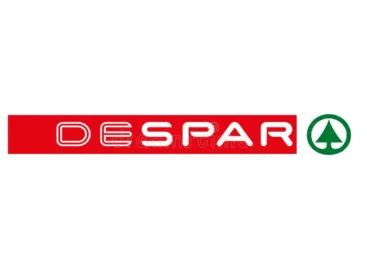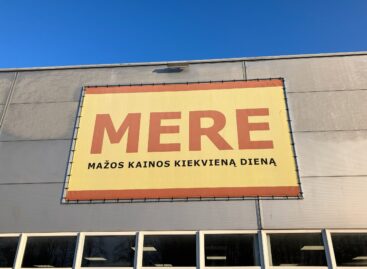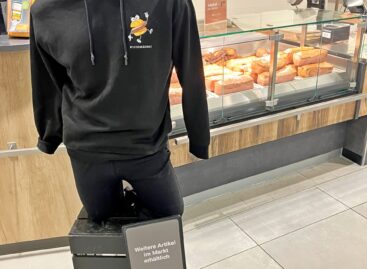Private labels are quietly winning Europe’s grocery shelves
Across Europe private labels continue to expand their market share as budget-conscious shoppers increasingly prioritise value.
This article is available for reading in Trade magazin 2025/10.
The article reflects the writer’s own opinion

Sebastian Rennack
international retail analyst
Aletos Retail
Willingness to try lesser-known private labels has increased, helping them shed the outdated stigma of low quality. According to NielsenIQ’s Strategic Planner, private labels reached a 28.6% value share in FMCG retail across 26 European countries by the end of 2024, a gain of 0.9 percentage points over two years.
Spain stands out, while the Baltic States are an exception
The strongest momentum came from Southern Europe, especially Spain, where private label share grew by 3.1 points to 45.7% within the past two years. The main driver: the expanding power of retailers with private label at their core. In contrast, private label expansion in Central and Southeast Europe is slower, hampered by the region’s strong local food heritage and fragmented retail structures.
Still, the region saw modest progress, as the average private label value share across nine countries, from Poland and the Czech Republic down to Serbia increased from 20.3% to 20.9%. Lithuania and Latvia represent the opposite trend. Each saw a 0.9-point decline in private label share, despite previously high levels of food inflation, 33.5% in Lithuania and 31.5% in Latvia by the end of 2022 – among the highest in Europe. Lidl remains the only discount retailer with a private label centric assortment in these countries, and its expansion has slowed considerably in the past two years, limiting further gains in private label share.

Seven reasons why private labels will continue to gain ground:
1. Retailer brands benefit from a lack of comparability for private labels: retailers maintain exclusive control over their private label pricing and positioning. In contrast, brands are becoming increasingly vulnerable to national transparency tools.
2. EU reforms aim to weaken brand protectionism and empower retailers: the European Union has moved to target territorial supply constraints (TSCs), which prevent retailers from sourcing branded products in one country and selling them in another.
3. Discounters erode brand price positioning by inducing shopper price fatigue: discounters like Lidl have sharpened their promotional strategies with campaigns like “Du hast die Wahl” (It’s Your Choice), offering brands at discounted prices – only to highlight that private label alternatives are even cheaper.
4. From private label to own brand: private label is no longer about cheap basics. Its growth now includes high-protein, health-driven and food-to-go products that can be seen as fully-fledged brands in their own right.
5. The Robin Hood Syndrome – retailers push back with transparency: in Germany Edeka is using in-store messaging to highlight shelf gaps caused by suppliers demanding significantly higher prices.
6. Supply chain stability in volatile times: retailers are increasingly turning to vertical integration, via direct sourcing and dedicated production facilities, to mitigate supply risk, inflation volatility and SKU instability.
7. Retailers lead with clean, customer-first models: clean, mission-driven private label models, as especially discounters are offering them, enable retailers to simplify operations and deliver genuine shopping-mission-based execution.

Related news
Mere in Lithuania: Rapid growth and a hard discount niche left open by Lidl
🎧 Hallgasd a cikket: Lejátszás Szünet Folytatás Leállítás Nyelv: Auto…
Read more >Related news
GDP growth in OECD member countries slowed to 0.3 percent in the last quarter of last year
🎧 Hallgasd a cikket: Lejátszás Szünet Folytatás Leállítás Nyelv: Auto…
Read more >







